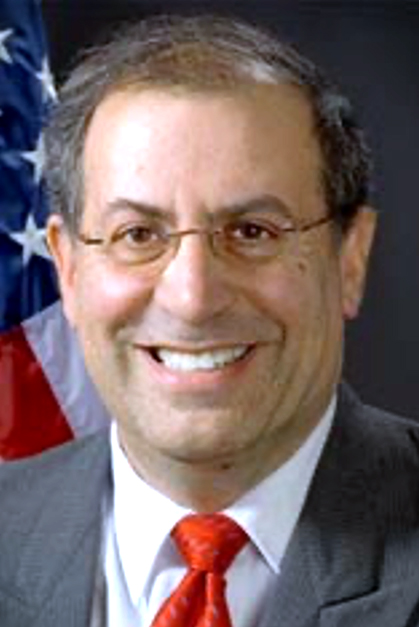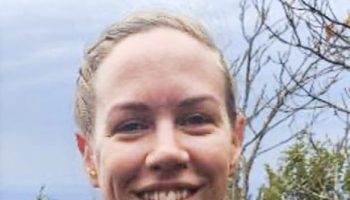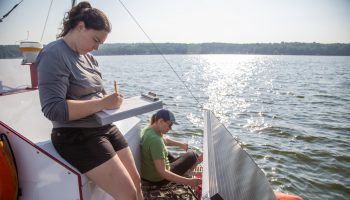
After receiving his bachelor’s and master’s degrees from the Massachusetts Institute of Technology, his Ph.D. from the University of California at Berkeley, and spending some time at the federal Department of Energy, Kevin Teichman began a 33-year career with the Environmental Protection Agency that saw him become the agency’s highest ranking official in a non-appointed position.
Those decades of experience will prove useful for Teichman’s lecture at 9:15 a.m. today in the Hurlbut Church Sanctuary for the Chautauqua Science Group and Chautauqua Climate Change Initiative. Teichman will be speaking about the effects of climate change, as well as various approaches to solving it and the importance of finding lasting solutions to the climate crisis.
“What I’m concerned about is this delicate balance upon which human life depends (that) is being disturbed because of global warming,” Teichman said. “It’s important for people to realize the things we can do as humans to reduce global warming, which will indeed have a positive impact on climate change.”
Teichman began his career with the EPA as the program manager for the agency’s indoor air-quality research program. In that position, he managed research that eventually led to the prohibition of smoking in all federal buildings, and he wrote a scientific article that led to the EPA changing its radon policies.
Teichman then worked his way up the ranks in the EPA, eventually becoming the deputy assistant administrator for science — or DAAS — in the Office of Research and Development, overseeing ORD’s $500 million research program. As DAAS, he also acted as the spokesperson before the EPA administrator, representing the ORD’s understanding of the science driving the agency’s policy-making decisions.
Since retiring from the EPA six years ago, Teichman has worked as a professor and research fellow at Georgetown University, helping establish the environmental metrology and policy program there.
During his lecture, one major misconception that Teichman hopes to combat is the conflation of the terms “climate change” and “global warming.” Many people use the terms interchangeably, despite the two having distinct meanings; global warming, Teichman explained, is an element of climate change — and the element that humans are most responsible for.
“Global warming (is) a subset of climate change, and that’s actually what the human emissions are doing,” he said. “The countries that are emitting the most … perhaps have a responsibility to island countries and less-developed countries to share our technology, maybe even share economic resources, so they don’t make the same mistakes that we do. We can’t expect the rest of the world not to want the same quality of life that we have.”
Teichman said his main job is to interpret and communicate science to the broader population, and in his eyes, the science indicates that climate change is a major threat that needs solving.
“I don’t know if we know the optimal solutions at the moment — and we need to explore all of those and we need to do it quickly — but I believe it’s a serious issue,” he said.
He recognizes, though, that there is a growing ideological divide around climate change; there is intense debate over its existence, what solutions might work and how severe of a problem it really is. Teichman recognizes that division, but stresses the importance of beginning to find solutions, and quickly.
Teichman hopes to impart to his audience the knowledge that there are things they can do to combat climate change, whether through small individual changes or through voting and advocacy; and with a deeper understanding of this issue that may be more important now than ever.
“(Last year) was the hottest year on record, and it’ll probably be the coldest year that we will experience during the rest of our lifetime,” he said. “I’m trying to do this so that we take action now that benefits us now and saves lives for my children and my grandchildren.”




